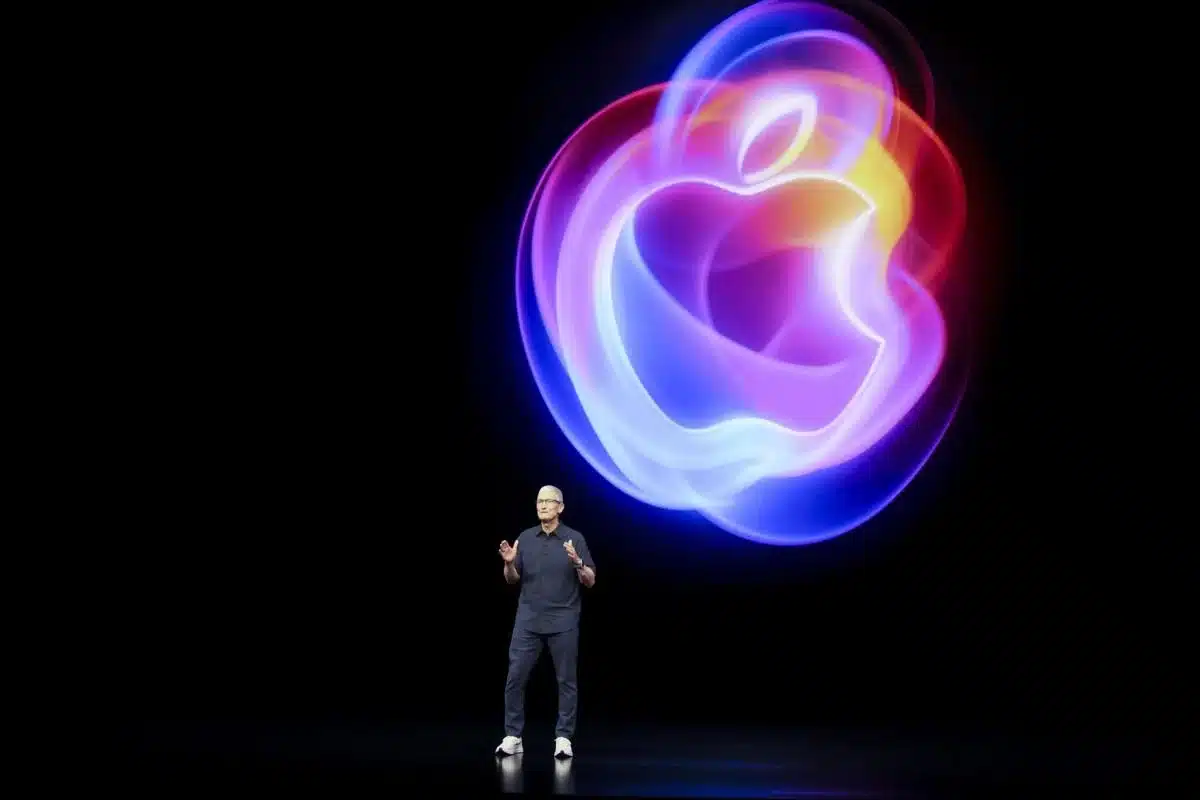In a world where our attention spans are already shrinking faster than the Arctic ice caps, Apple has thrown another log on the fire with its new “Intelligence” system. Launched in September 2024 alongside the iPhone 16, Apple Intelligence is a suite of AI-driven features designed to make our digital lives easier and more efficient. But with its ability to summarize articles, emails, and even lectures in seconds, is Apple contributing to the further erosion of our already dwindling ability to focus?
This isn’t just a hypothetical concern. Studies have shown that the average human attention span has plummeted from 12 seconds in 2000 to a mere 8 seconds in 2020 – less than that of a goldfish! Now, with tools that condense information into bite-sized chunks readily available at our fingertips, it’s easy to see how this trend could accelerate.
The Double-Edged Sword of Convenience
Let’s be clear: Apple Intelligence offers some genuinely useful features. Who wouldn’t want to quickly grasp the main points of a lengthy email or get a concise overview of a dense research paper? In a fast-paced world, these tools can be invaluable for saving time and boosting productivity.
- Summarization: Condense articles, emails, and documents into key takeaways.
- Prioritized Notifications: Surface the most important alerts and minimize distractions.
- Writing Tools: Refine your writing with AI-powered proofreading and rewriting suggestions.
However, this convenience comes at a potential cost. By constantly feeding us distilled information, these tools may discourage us from engaging with content in its entirety. Why bother reading a full article when you can get the gist in a few bullet points? This can lead to a shallower understanding of complex topics and a reduced capacity for critical thinking.
A Personal Perspective
I’ve been using Apple Intelligence for the past few weeks, and while I appreciate the efficiency it brings to certain tasks, I’ve also noticed a shift in my own behavior. I find myself increasingly relying on summaries, even for articles that genuinely interest me. It’s as if my brain has become accustomed to instant gratification and struggles to engage with longer-form content.
This worries me. Deep reading, the kind that requires sustained focus and critical analysis, is essential for intellectual growth and creative thinking. If we become overly reliant on AI-generated summaries, we risk losing this vital skill.
The Road Ahead
The impact of Apple Intelligence on our attention spans remains to be seen. It’s possible that we’ll adapt and find ways to balance convenience with the need for deep engagement. However, it’s crucial to be mindful of the potential downsides and actively cultivate our ability to focus.
Here are some things we can do to combat the “attention erosion” effect:
- Consciously choose long-form content: Make time for reading books, in-depth articles, and engaging documentaries.
- Practice mindfulness: Engage in activities that promote focus and concentration, such as meditation or spending time in nature.
- Set boundaries with technology: Limit screen time and create tech-free zones in your home.
The future of our attention spans may depend on our ability to use technology wisely and maintain a healthy balance between efficiency and deep engagement.






























